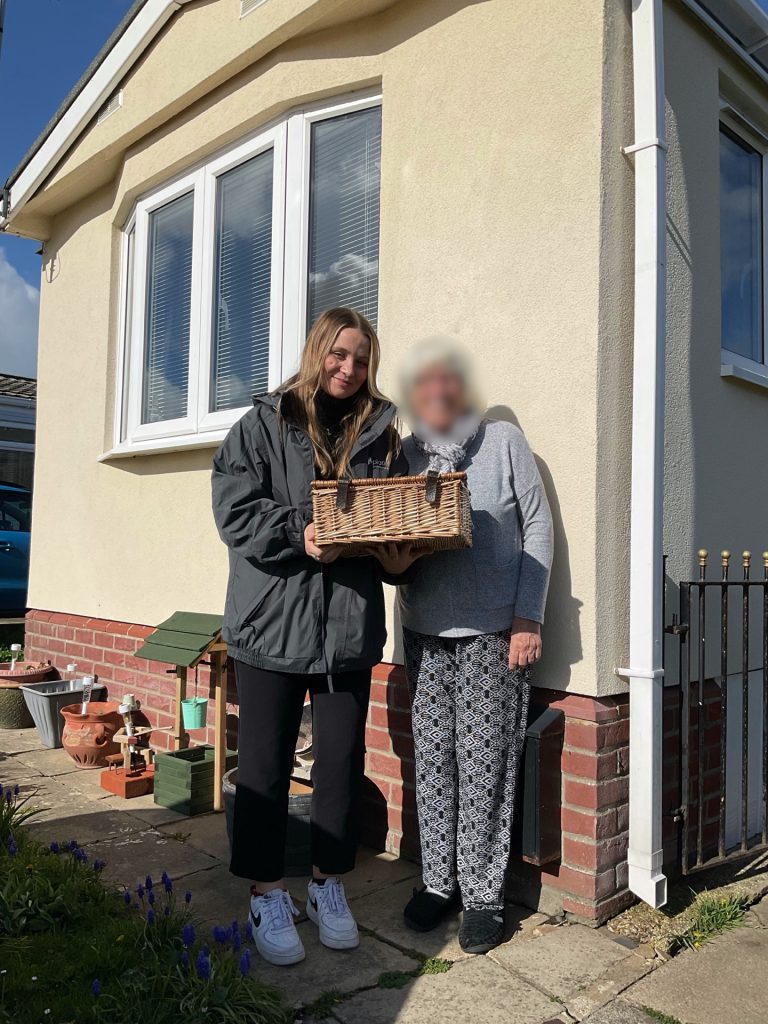Case Studies - Case Study for Hard to Treat EWI, Southsea
After
A Platinum Park Home Services (PPHS) Project Evaluation
Energy Performance Certificate Rating (EPCR):
- EPC rating was an E(42) on this property before installation
EPCR Post Installation Rating:
- The EPC energy improvement potential and savings were noted as the potential for achieving a D Rating, and a potential Carbon savings of 1.7 tonnes of CO2
- Post installation the property achieved an energy rating of E(52). This was an uplift of 10 SAP points compared to the pre installation rating. This was 2 SAP points away from achieving a D Rating
- The potential post CO2 savings were indicated at 0.7 Tonnes of CO2
- The addition of Underfloor Insulation would have achieved the additional uplift to a D Rating
Property Factors Prior to Works:
- Aluminium internal construction
- Water ingress to ply walls
- Very old natural gas boiler and boiler Flue, which could not be extended safely due to manufacturers ceasing to produce the parts anymore. The only solution was to replace the boiler in order to remain PAS compliant through boiler flue extension.
- Other minor enabling works were also required
Call To Action Prompts:
- Resident very elderly, in some degree of distress and ‘desperate’ due to having been let down previously by another installer, who failed to fulfil their commitment to improve the energy efficiency of the resident’s home
- We identified that the resident was potentially and very likely in fuel poverty
- The remedial works to the walls were assessed as more than possible to successfully implement, which would mean that the property would then be suitable for external wall insulation. The additional remedial costs mainly involved replacement Ply to the home, not a significant expense
- The biggest hurdle was the existing boiler and the flue; without a replacement boiler and extended flue, the property would have to remain as it was. We were able to call upon some leveraged funds from our fuel poverty fund to replace the boiler and the boiler flue, which was also extended
Project Timeline:
- This project started on 06/06/2022 when the first survey was carried out, and the last spread of the trowel occurred just under seven weeks later.
- The project went from surveyor stage to Retrofit Assessment and Coordination, through compliance and funding processes, then enabling and remedial works, through to installation and completion. This timeline could be shorter, however it was a relatively complex installation, so took a little longer to bring all of the elements together, and to facilitate the project to successful completion

